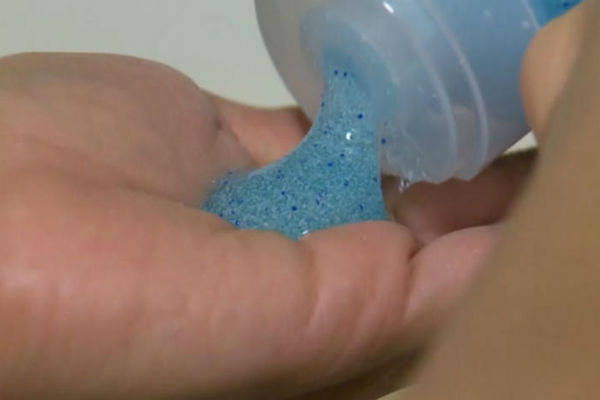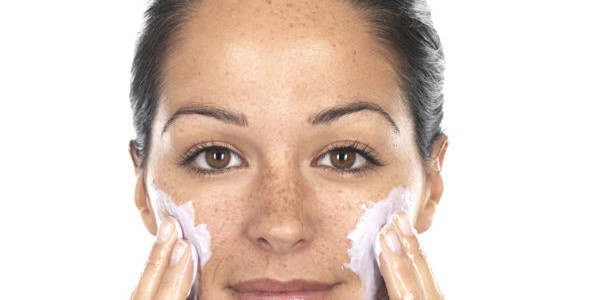Exfoliating is one of those beauty buzzwords that promise soft skin, smooth complexion and unparalleled beauty. And that’s great, but not when it comes at the cost of the environment. A lot of beauty products contain plastic microbeads, that are quickly becoming a threat for our water systems. The problem is that they are smaller than a millimeter in diameter, which means that they can’t be strained at waste water treatment plants.
Skin products, and especially exfoliators are the worst offenders in this microbead craze (most products even advertise them as a plus). A single bottle of product can contain up to 1.4 million beads. But if you don’t usually buy these kinds of products, you may still be unknowingly using microbeads too. A lot of beauty items contain these plastic particles, even without announcing it in the label. Beads have been found in soap and even toothpaste, which means they are a serious, widespread problem.

The only way to make sure your products are bead-free is to read the label and look for polypropylene, polyethylene and acrylates copolymer, the harmful plastics of which beads are made. The best thing to do with these products is to throw them out to keep them from polluting water. You can also donate them to different research labs that are currently investigating this issue.
Why are microbeads so terrible for our water systems? Mostly, because they are hydrophobic. They don’t like water. The bad news is that most other pollutants are hydrophobic too. When substances like that are in the water, they tend to cling together to try to escape the environment. This means that plastic beads get together with polyaromatic hydrocarbons (that come from power plants and cars) and persistent organic pollutants (that are common in pesticides).
Now we have tiny plastic beads contaminated with harmful pollutants, and that can be devastating for the environment. When an animal eats these plastic beads, the toxins get broken down into its body and become part of it. Everything comes back, because when we eat those animals, we are consuming the toxins as well. Some of those pollutants are linked to cancer, or can alter our hormones and even DNA, so this is no minor issue. Microbeads have been found in fish, crabs, mussels and even whales.
The good news is that there are alternatives. A biopolymer called PHA has been recently discovered. This product is produced by bacteria and it’s biodegradable when left in the water. Other natural products that use ground fruit pits, rice powder and even volcanic ash can be a great option as well. Many states are already banning plastic microbeads and several big name brands like Johnson & Johnson, L’Oreal and Unilever pledged to phase out this kind of products in the next few years.
In the mean time, you can do your part by carefully reading labels or making your own scrubs at home with organic products: olive oil, sugar (or salt) and essential oils for your favorite smell.
